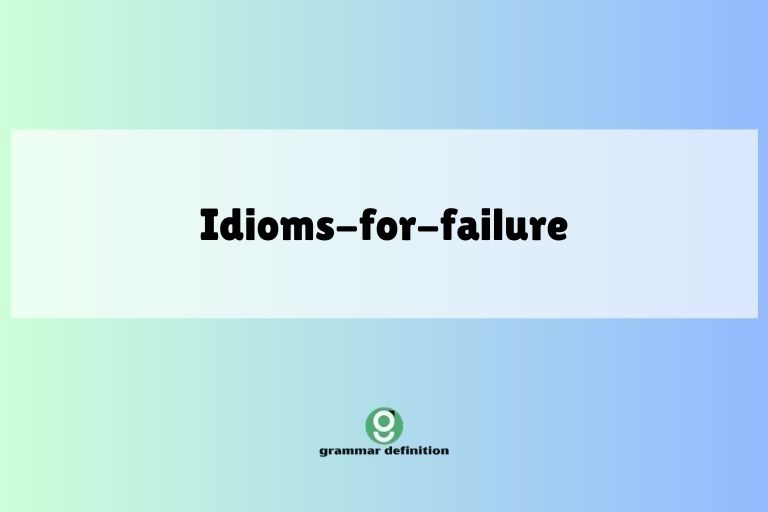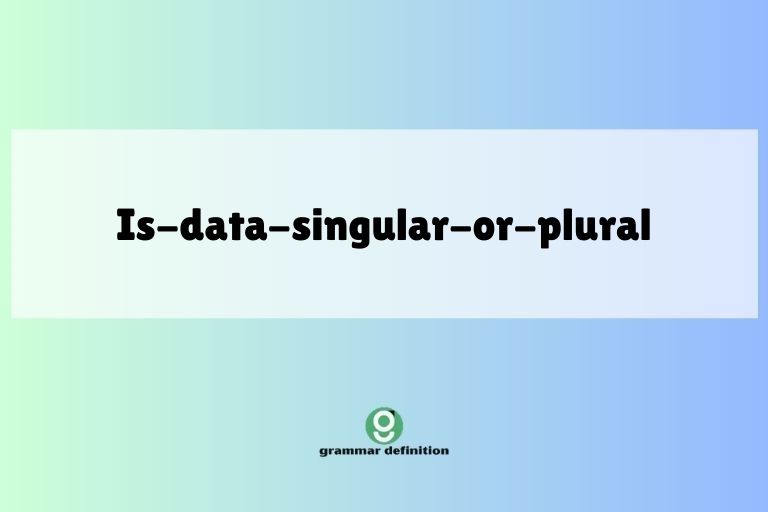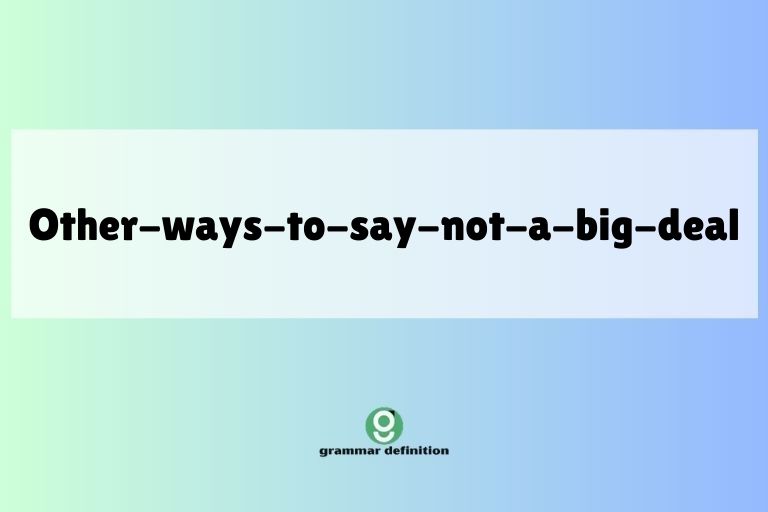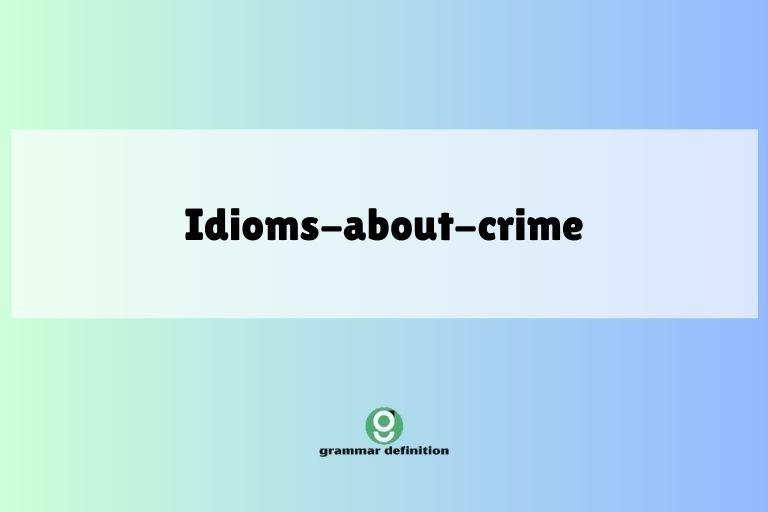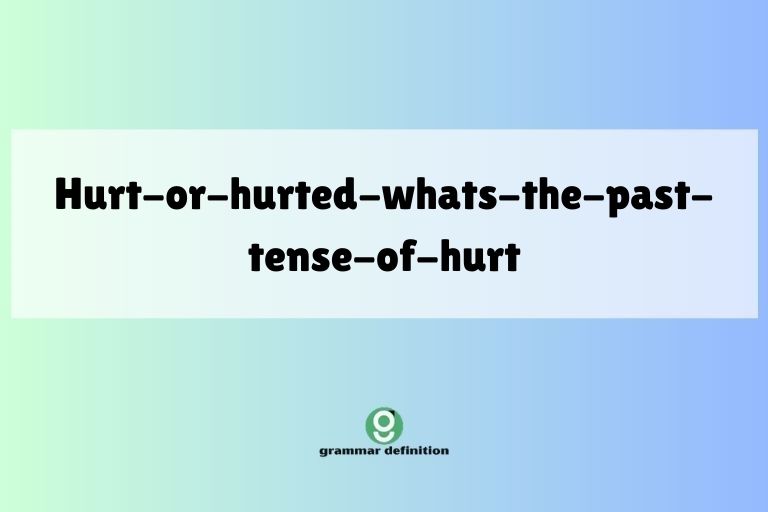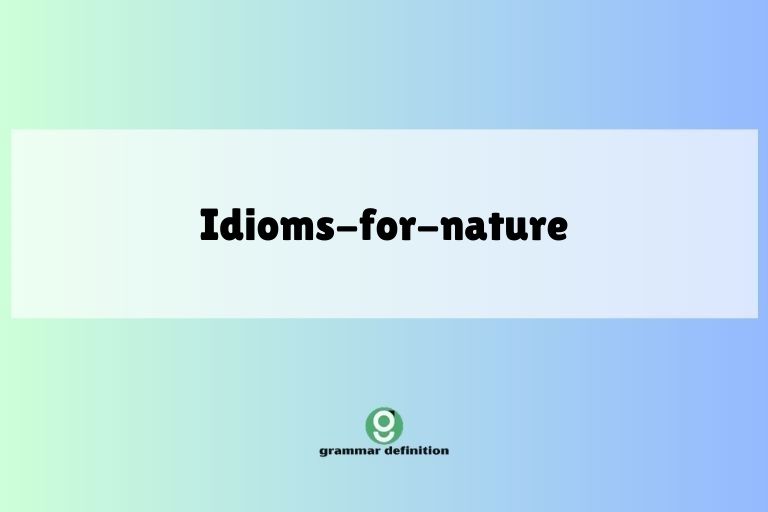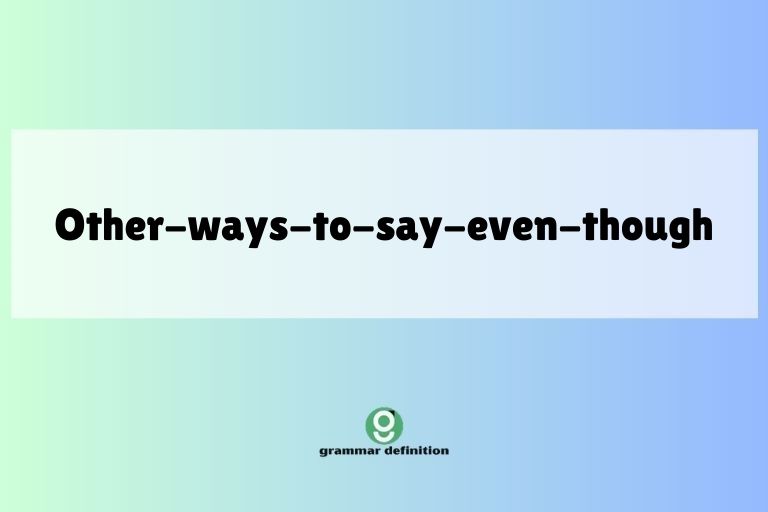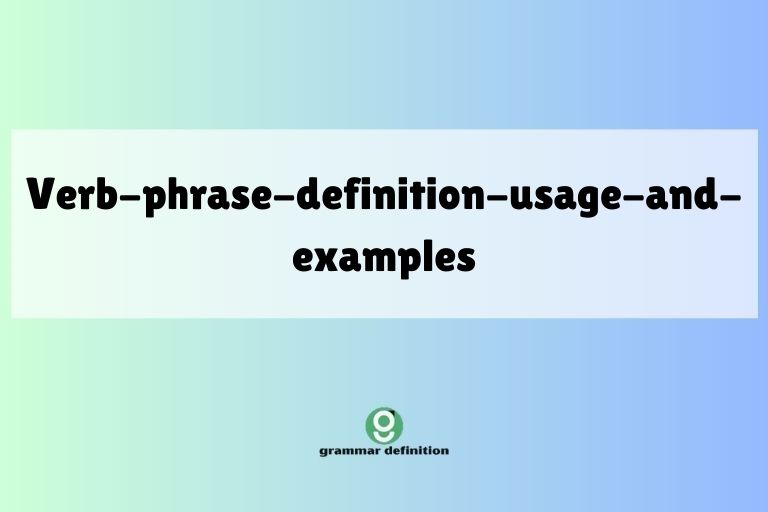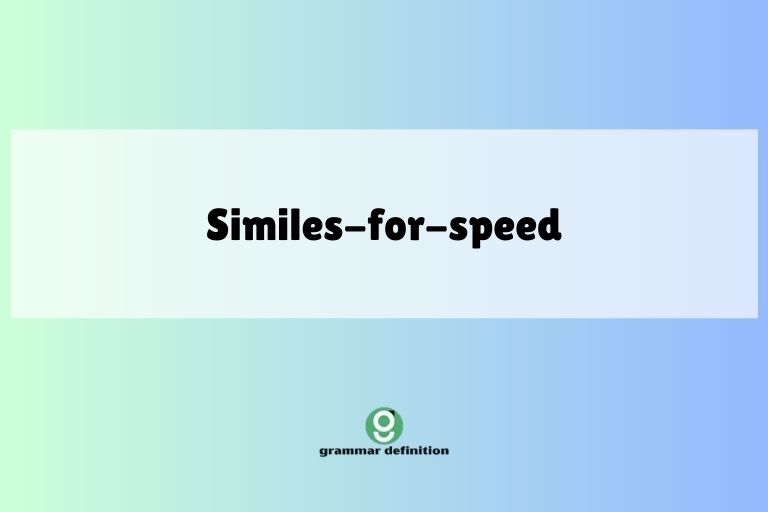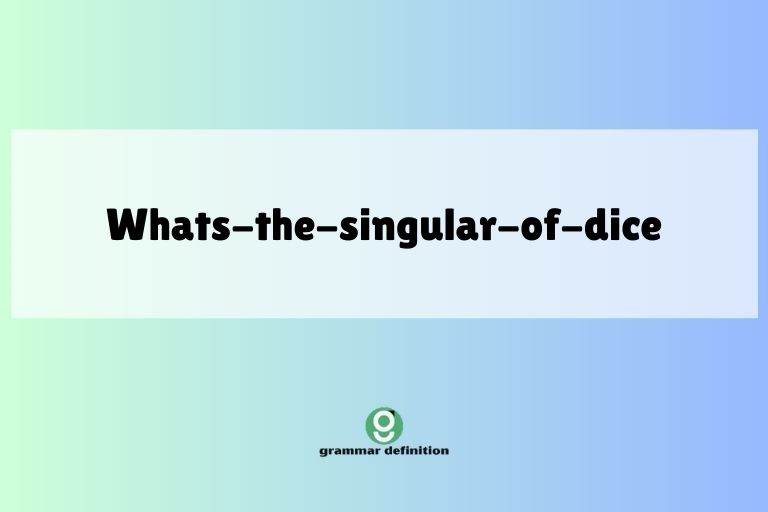Idioms for Failure: Mastering Figurative Language
Understanding idioms is crucial for mastering the English language. Idioms add color and depth to our communication, making it more engaging and nuanced. This article focuses specifically on idioms related to the concept of “failure,” providing a comprehensive guide for English language learners. By learning these idioms, you’ll not only expand your vocabulary but also … Read more

